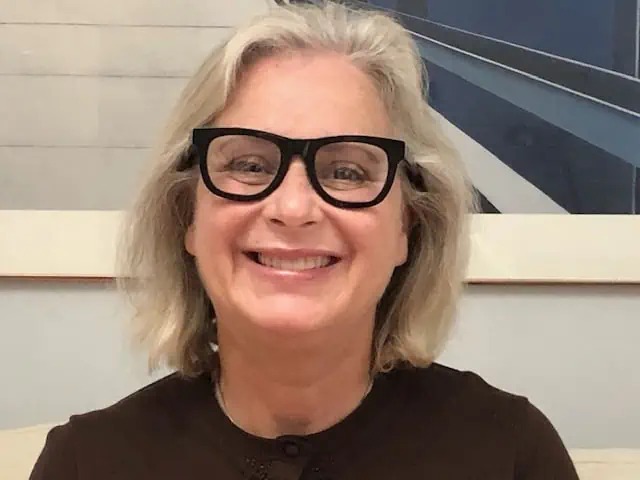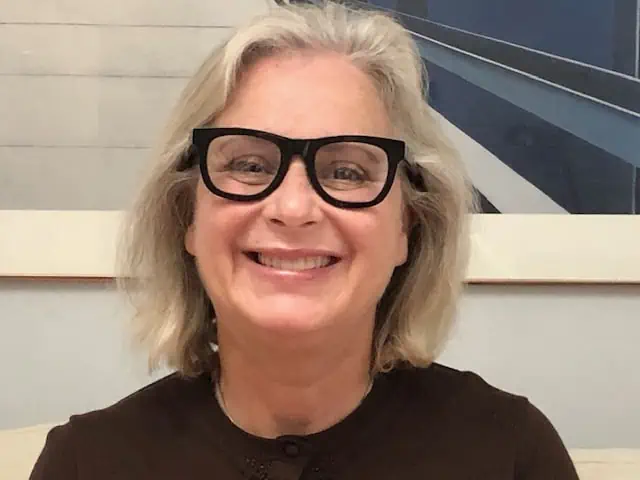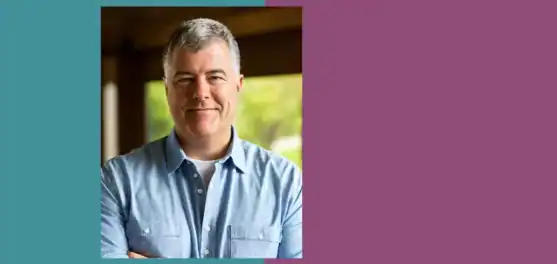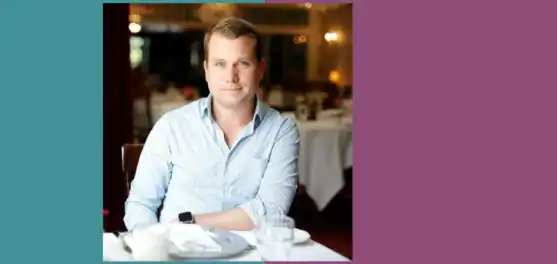I am Liz Tankel and the parent of a person in long-term recovery. I am an activist and advocate for families impacted by the opioid epidemic in my home state of Pennsylvania.

Before I share my family’s story, I need to acknowledge that my family had every advantage in dealing with this problem. As a white, suburban, middle-class family, we had the support of law enforcement and access to excellent health care that are not available to all members of society. In addition, our son was at the frontier of a shift in perception that recognizes substance use disorders not as criminal acts but as a mental health issue.
This attitude distinguishes the opioid epidemic from past substance use epidemics, such as the crack epidemic, where Black people were imprisoned instead of receiving access to mental health support and rehabilitation. In fact, that persists to this day: Black people are punished more severely than whites for drug crimes even though drug use within the two racial groups is roughly the same.
My husband and I cannot take credit for our son’s success, nor can our son take all of the credit for his own success. For reasons that are not fair or just, we had access to support that is not extended to all families.
FAMILIES & RECOVERY
The family recovery movement is made up of four types of families: Families who have lost a loved one to addiction; families who are struggling with on-going substance use issues in a loved one; families whose loved one is new to recovery; and families with a loved one in long-term recovery.
The last group is largely silent. It could be that the trauma of addiction is long in the past and no longer a part of their lives. It could be that they are just sick of addiction and they want to put it behind them and move on. Or, they are afraid of jinxing their success. Maybe they are embarrassed about who they used to be and they want to forget about their experiences as people dealing with addiction and place their focus on who they are now. And, it could be that they understand that the largest contributor to their success was the dumb luck that allowed their loved one to be alive long enough to access appropriate recovery tools and resources. Perhaps, they feel guilty about that.
Hearing from those families would have been very helpful for my family when we were going through what we not-so-fondly call “The Troubles.” Hearing from them could have let us know what might lay ahead for our family. What a help it would have been to know that it was possible that our family would eventually be united and strong and happier than we could have ever imagined.
WHERE WE STARTED
Our detour into hell started with an illness. I wanted to have a second child. I had almost died when my oldest son was born and was cautioned by my doctor that I would endanger my life by having more children. Nine years later, with the introduction of a new drug to manage my condition, I was given the chance to have a safe pregnancy. Sadly, the drug was withdrawn from the market in my third month of pregnancy.
Shortly after our new baby was born, I lapsed into a coma that lasted two weeks. This was followed by a year of recovery from a brain injury that was accompanied by significant disability. It was only years later that we realized how traumatic this was for our older son, who was 9 years old at the time.
In addition, I have frequent kidney stones and had a lot of Oxycontin in our house. My ignorance about the dangers of Oxycontin was matched only by my son’s awareness of how intoxicating it was. The combination of his teenage obsession with drug culture, his PTSD from my illness, and his unfettered access to opioids created the perfect storm for addiction.
WHERE WE ARE TODAY
My son has been in recovery from heroin and other substances for 14 years. He was 15 years old when he began consuming drugs. At first, his drug of choice was marijuana, which escalated to benzodiazepines, then opioids, then heroin. After seven years of substance use, he entered treatment when he was 21. In October of 2020, he turned 35.
For the past 14 years, our family has enjoyed a stellar relationship with my son. It is important to note that people who are working a strong recovery program have a laser focus on being better versions of themselves in every dimension, at every point in time. Their dedication to self-improvement is not limited to just getting off/living without drugs; it extends to being a better son/brother/partner/worker/neighbor/friend.
Does our son struggle with maintaining his recovery? I don’t know. That is not part of my relationship with him. If he struggles, then it is his responsibility to access the supports available to him in his recovery community and it is not for his father and me to worry about.
Our current life is very easy. As his parents, we focus on our recovery as a family and he is responsible for his recovery. He is successful in his life, has a great partner, many good friends, and a business based on service to our community. Our current family life is so good that, if we could go back in time and were given the chance to do everything over again, we would have to include our family’s journey into addiction if that were the only way that we could be who we are right now.
If you have a loved one in active addiction or new to recovery, there exists a strong chance that a good life is possible, not just for them but for you and your family, too.
Liz Tankel
A GOOD LIFE IS POSSIBLE
I feel compelled to talk about our experience because I remember the isolation and hopelessness I felt when faced with helping move a person from addiction to sobriety. Parents of children in active addiction do not get to hear a lot of long-term success stories. We hear from people with one or two years of sobriety. We hear about people trapped in the revolving door of addiction-treatment-addiction. We hear about lives cut short by overdose. But we don’t hear about the happy, purpose-driven lives that develop when strategies and resources are combined with a giant dose of luck to support decades of recovery. Just as important, we don’t get to hear about how this transformative experience impacts the whole family.
First, I want to share with you that all is not lost. If you have a loved one in active addiction or new to recovery, there exists a strong chance that a good life is possible, not just for them but for you and your family, too. This experience can be part of your personal growth. This is an opportunity for you all to learn together. I am an evangelist for using the lessons learned from this awful experience to build a better life for everyone!
Second, I am a cheerleader for taking a hard look at the severity of your loved one’s disease. It is important to choose the appropriate level of care for them. Care can include detox, treatment, and sober living combined with a Partial Hospitalization Program (PHP) or an Intensive Outpatient Program (IOP.) I want people to know about sober colleges, parents’ groups, and other programs that offer support every step of the way.
Third, I want to help remove the stigma of addiction by saying, “We are a nice family and we are not ashamed of what happened to us.” Stigma prevents many families from seeking help early in the disease. The earlier you own your situation, the earlier you can address it.
Finally, I am happy to share the story that I wish I had access to when we were deep in “The Troubles.” I am the proud mother of a happy, kind, successful, and generous person in recovery.
When you have a family member struggling with addiction, it can feel like the end of the world, and in many ways it is. Your world will never be the same. However, if you are open to learning a new way of being and seeing the world, this experience can be the gateway into another of way thinking, living, and being for the whole family system.

Liz Tankel is a community activist and psychotherapist in private practice in Chester County, PA. Her training in social work, drug and alcohol counseling, and Bio-Psychology informs her holistic approach to mental health. Since 1983, she has been a consultant to high school students who face obstacles to college admissions. Liz has been married to Ken Tankel since 1982. The couple has two sons who are psychotherapists. She says that gardening, horseback riding, and cycling help keep her centered.
Share Your Story
This epidemic has given us one common experience: we have all become experts in our own way. At S.A.F.E. Project, we believe that we strengthen one another by sharing our stories. Whether you are in recovery, lost a loved one, or are making a difference in your community, you can help others on this journey. We’d like to hear from you.



